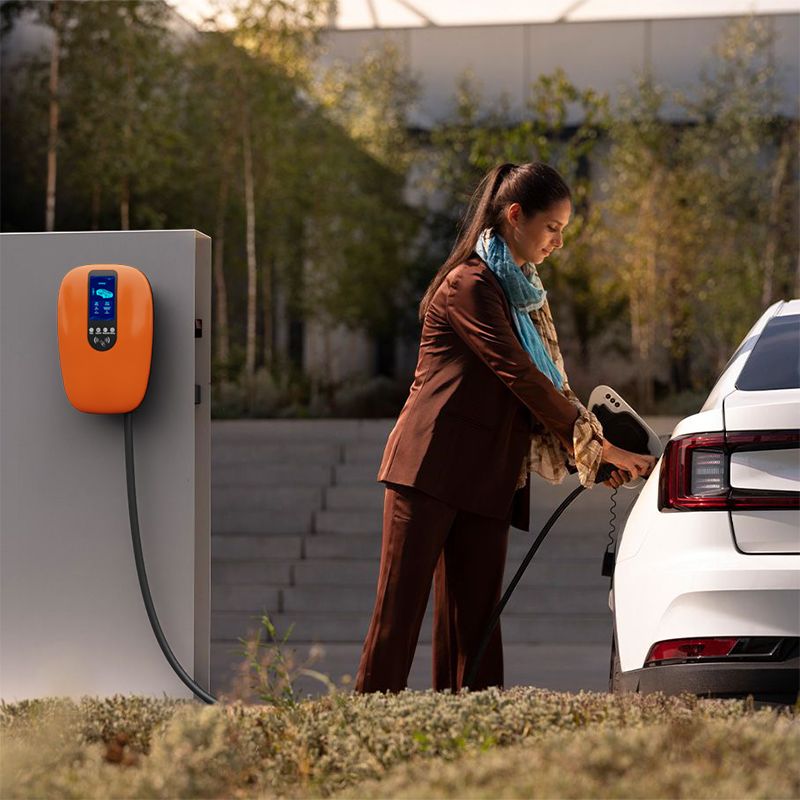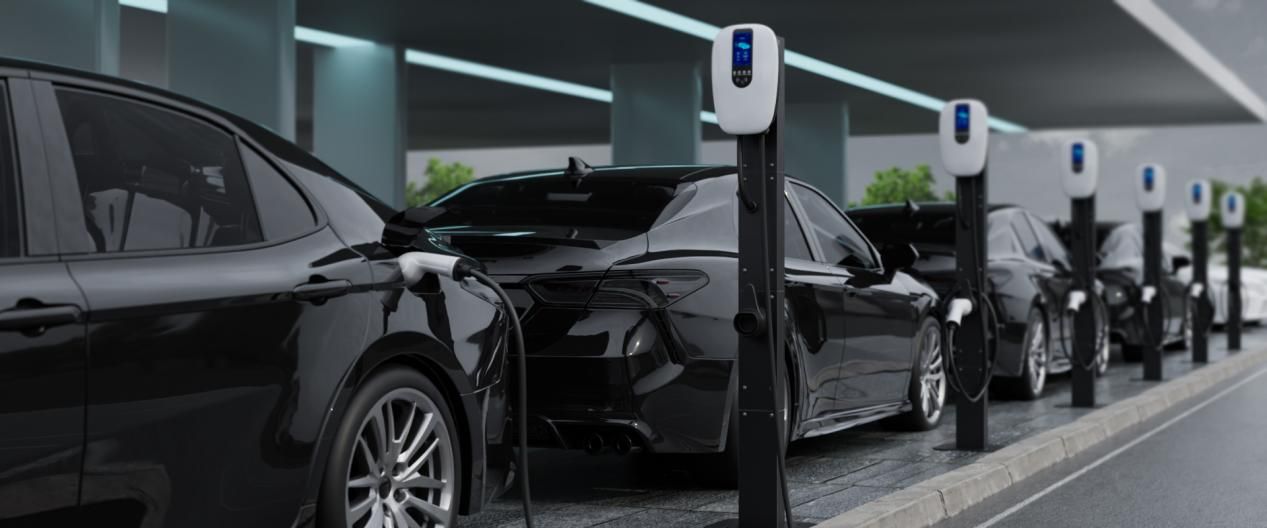Electric car charging speed can be influenced by various factors, and understanding these reasons is crucial for users to optimize their charging experience. Some common factors that can contribute to slow electric car charging:
Charging Infrastructure: The charging infrastructure plays a vital role in the speed of electric car charging. Public charging stations may vary in terms of power output, with some providing faster charging speeds than others. The availability of high-speed chargers, such as DC fast chargers, can significantly reduce charging times compared to slower AC chargers.
Charging Station Power Output: The power output of the charging station itself is a key factor. Different charging stations provide varying levels of power, measured in kilowatts (kW). High-powered stations, such as those with outputs of 50 kW or more, can charge electric vehicles much faster than lower-powered alternatives.
Charging Cable and Connector: The type of charging cable and connector used can affect charging speed. DC fast chargers typically use specialized connectors like CCS (Combined Charging System) or CHAdeMO, while AC chargers use connectors like Type 2. The compatibility between the car and the charging station, along with the maximum power the car can accept, can impact charging speed.
Battery Capacity and State of Charge: The capacity of the electric vehicle’s battery and its current state of charge can influence charging speed. Charging tends to slow down as the battery approaches its full capacity. Fast charging is most effective when the battery has a lower state of charge, and the charging speed may taper off as the battery fills up to protect the battery health.
Temperature: Charging speed can be affected by the ambient temperature and the temperature of the battery itself. Extremely high or low temperatures can lead to slower charging speeds, as lithium-ion batteries have optimal operating temperatures for charging. Some electric vehicles have thermal management systems to mitigate temperature-related charging issues.
Battery Management System (BMS): The battery management system in the electric vehicle plays a role in controlling the charging process. It manages factors like temperature, voltage, and current to ensure the battery’s health and safety. Sometimes, the BMS may slow down charging to prevent overheating or other issues.
Vehicle Model and Manufacturer: Different electric vehicle models and manufacturers may have varying charging capabilities. Some vehicles are equipped with advanced charging technology that allows for faster charging speeds, while others may have limitations based on their design and specifications.
Grid Connection and Power Supply: The power supply to the charging station and its connection to the electrical grid can impact charging speed. If a charging station is located in an area with limited electrical capacity or experiences high demand, it may result in slower charging speeds.
By considering these factors, electric vehicle owners can make informed decisions about when and where to charge their vehicles for optimal charging speeds. Advances in charging infrastructure and electric vehicle technology are continuously addressing these challenges, promising faster and more efficient charging solutions in the future.
Post time: Dec-01-2023







